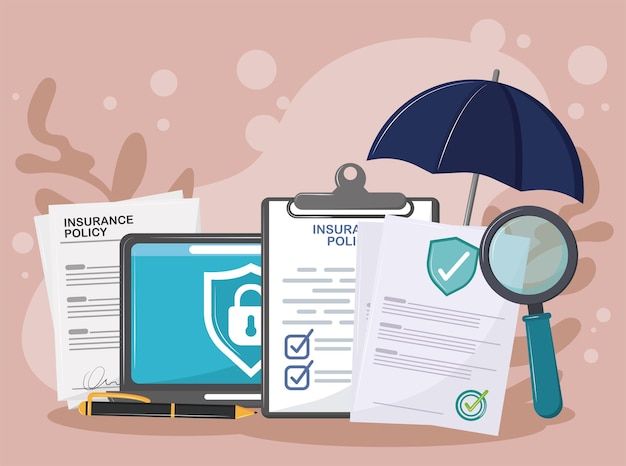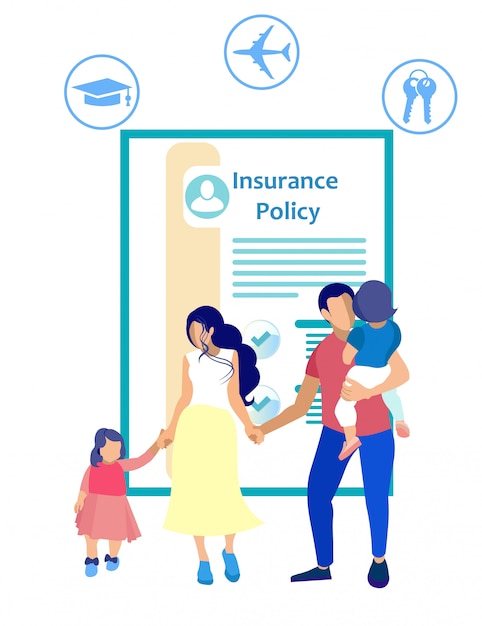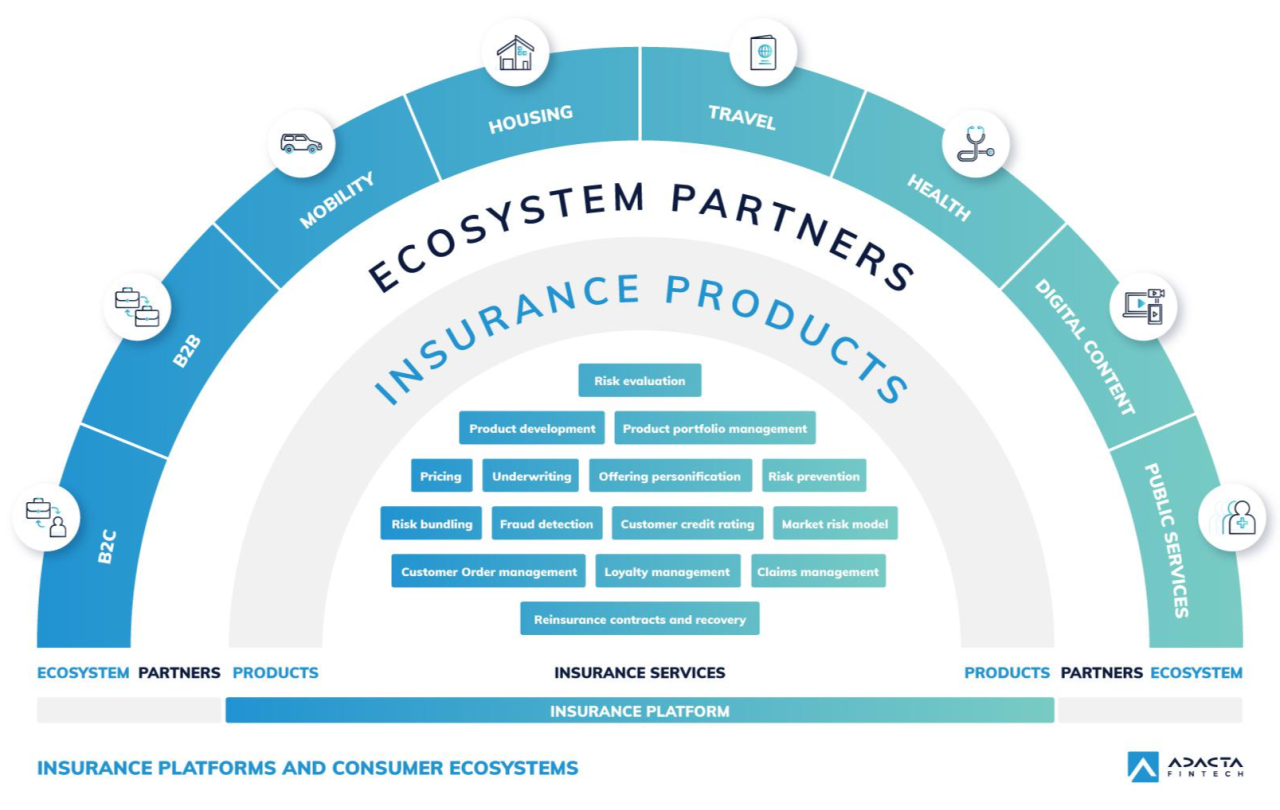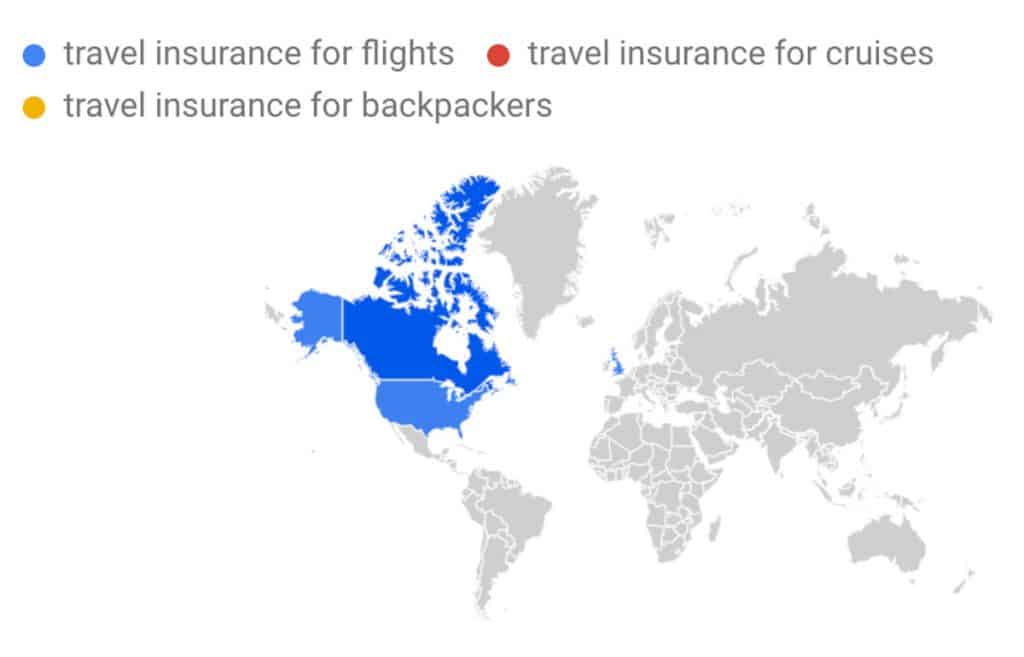Insurance is a crucial aspect of adult life, providing financial protection and peace of mind in the event of unexpected circumstances. However, there are many myths and misconceptions surrounding insurance that can lead to confusion and incorrect decision-making. In this article, we will debunk common insurance myths and provide valuable information to help you make informed choices about your coverage. Understanding the truth about insurance is essential for ensuring you have the right policies in place to protect yourself and your loved ones.
Myth #1: Insurance is a Waste of Money
One of the most pervasive myths about insurance
Many individuals believe that insurance is a waste of money, especially if they have never had to file a claim. However, insurance serves as a financial safety net, protecting you from significant financial losses in the event of accidents, illnesses, or disasters. Without insurance, you would be solely responsible for covering the expenses, which can quickly become overwhelming and put your financial stability at risk.
It is crucial to view insurance as an investment in your financial well-being. By paying a premium, you are transferring the risk of potential losses to the insurance company, allowing you to protect your assets and future earnings.
Key Takeaway
Insurance is not a waste of money but rather a fundamental aspect of financial planning. Purchasing the right insurance policies ensures that you are protected from unexpected events that could have a significant impact on your finances.
Myth #2: You Only Need the Minimum Coverage Required by Law
Many people assume that minimum coverage is enough
When it comes to auto insurance or other types of coverage, some individuals believe that meeting the minimum legal requirements is sufficient. However, minimum coverage limits may not adequately protect you in the event of an accident, especially if the damages exceed these limits or involve an uninsured or underinsured driver.
It is essential to carefully consider your individual circumstances and the potential risks involved. Opting for higher coverage limits ensures that you have adequate protection and reduces the likelihood of having to pay out-of-pocket for expenses that exceed the minimum requirements.
Key Takeaway
Choosing the minimum required coverage may leave you financially vulnerable in the event of an accident. It is advisable to assess your specific needs and opt for coverage that adequately protects you and your assets.
Myth #3: Your Credit Score Doesn’t Affect Your Insurance Rates
Contrary to popular belief, credit scores impact insurance rates
Many individuals are unaware of the connection between their credit score and insurance rates. Insurers consider credit scores as a measure of risk, using them to assess the likelihood of a policyholder filing a claim. Individuals with lower credit scores may be viewed as riskier and may therefore face higher insurance premiums.
Improving your credit score can have a positive impact on your insurance rates. By maintaining good credit and managing your finances responsibly, you can potentially save money on your insurance premiums.
Key Takeaway
Your credit score plays a significant role in determining your insurance rates. It is crucial to maintain good credit and regularly monitor your credit report to correct any errors or discrepancies that could negatively impact your premiums.
Myth #4: Insurance Covers Everything
Insurance policies come with limitations and exclusions
While insurance provides valuable coverage, it is important to understand that policies have limitations and exclusions. Each type of insurance has specific terms and conditions that define what is covered and what is not. It is essential to carefully read and review your policy documents to have a clear understanding of your coverage.
For example, homeowners insurance may not cover certain natural disasters, such as floods or earthquakes, and require separate policies. Likewise, auto insurance policies may not cover rental cars or personal belongings inside your vehicle. Understanding these limitations ensures that you are adequately protected and can make informed decisions about additional coverage options if necessary.
Key Takeaway
Insurance coverage is not all-encompassing and can vary depending on the type of policy. Reviewing your policy documents and understanding the limitations and exclusions is crucial to ensure you have the coverage you need.
Myth #5: It’s Cheaper to Buy Insurance Directly from the Insurance Company
Buying insurance directly from the company may not be cost-effective
Many individuals believe that purchasing insurance directly from the insurance company will result in cost savings. While it is true that cutting out the middleman may eliminate broker or agent fees, it does not necessarily mean that you will get the best deal. Insurance agents and brokers have expertise in navigating the complex insurance landscape and can help you find the most suitable coverage at the best price.
Insurance agents and brokers have access to multiple insurance companies and can provide you with quotes from various providers. They can help you compare coverage options, identify discounts, and ensure you have the most appropriate policies for your needs.
Key Takeaway
Working with insurance agents or brokers can be beneficial when purchasing insurance. They can help you navigate the complexities of insurance policies, find the best coverage at a competitive price, and provide professional advice tailored to your unique needs.
A Detailed Breakdown: Common Insurance Myths
| Myth | Reality | Key Takeaway |
|---|---|---|
| “I Don’t Need Renters Insurance if I Don’t Own Much” | Renters insurance covers more than just personal property and is affordable. | Renters insurance is essential for protecting personal belongings and reducing liability risks. |
| “My Landlord’s Insurance Covers My Belongings” | Landlord’s insurance only covers the building, not personal possessions. | Renters insurance is necessary to protect personal belongings. |
| “Red Cars Cost More to Insure” | Car color has no impact on insurance premiums. | Auto insurance premiums are based on other factors like the car’s make, model, year, and driver history. |
| “Home Insurance Covers All Natural Disasters” | Certain natural disasters may require separate policies. | Understanding what natural disasters are covered by your home insurance policy is vital. |
| “The Minimum Required Auto Insurance Is Enough” | State minimums may not fully protect you in an accident or against uninsured drivers. | Opting for higher coverage limits can provide better protection. |
Conclusion: Understanding Insurance Myths Leads to Informed Decision-Making
Believing insurance myths can lead to inadequate coverage, financial vulnerability, and unnecessary risks. By understanding the truth behind common insurance myths, you can make informed decisions about your insurance needs and ensure that you and your loved ones are adequately protected.
Insurance is about more than just meeting legal requirements; it is about protecting your present and your future. Don’t rely on misconceptions or assumptions when it comes to insurance. Take the time to educate yourself, review your policies, and work with professionals who can provide expert guidance tailored to your specific circumstances. With the right insurance coverage, you can have the peace of mind that you are prepared for whatever life may bring.
Check Out Other Articles:
Understanding Bailee Insurance Coverage
The Importance of Garage and Auto Dealers Liability Insurance
The Importance of Understanding Exclusions and Limitations in Your Home Insurance Policy
And don’t forget to read our article on “The Truth About Insurance Claims and Premiums” for more valuable information!





